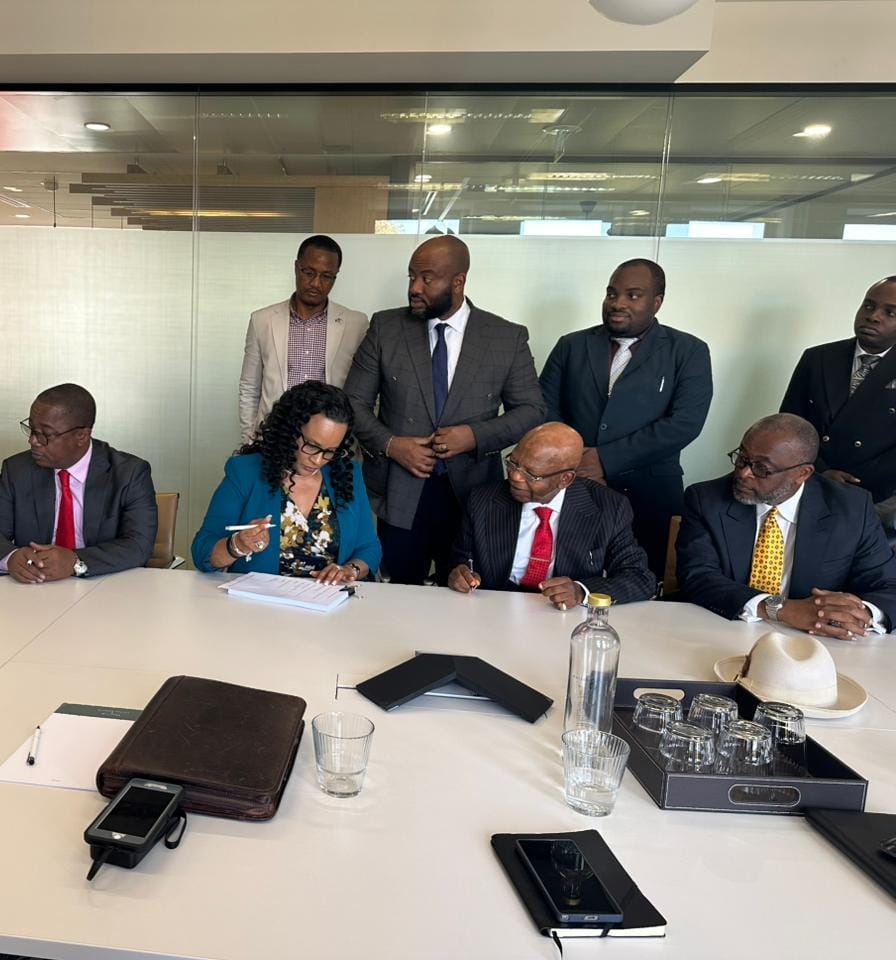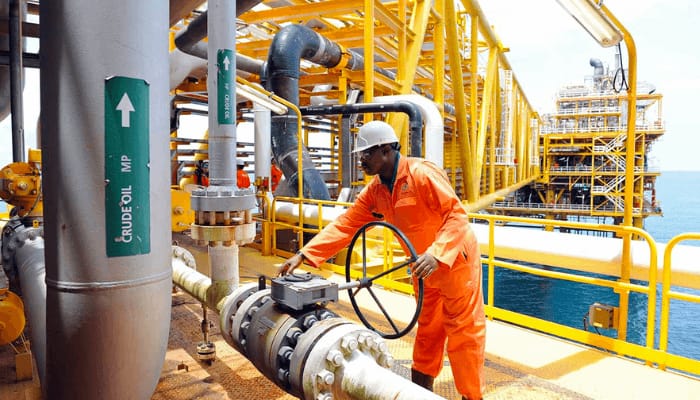By Festus Poquie
African Petroleum came close in 2012. Yet, in December 2016, Liberia’s brief moment of oil optimism ground to a halt when a well drilled by a local ExxonMobil unit came up dry — the ninth abandonment since 2010.
The result was a familiar pattern: international explorers left blocks dormant or exited entirely, global crude prices slid from their boom years, and hopes of a Liberian oil bonanza faded into a decade of quiet waters.
Today, however, a new playbook is coaxing energy companies to look again at Liberia’s offshore basin. A mix of institutional reforms, scaled-back state participation in deals and an innovative licensing model designed with outside legal advisers have prompted a flurry of new activity in 2025 — the first meaningful movement in the upstream sector in more than a decade.
From disappointment to redesign
Liberia’s early promise has always been ambiguous. The U.S. Geological Survey estimates some 3.2 billion barrels of oil and gas in the wider West African Coastal Province that includes Liberian waters, but that figure is prospective rather than proven.
Companies that tested Liberia in previous decades often found seismic interpretation difficult and expensive, and several either never drilled or relinquished acreage after disappointing results. The fallout from the 2014–16 price downturn only hardened industry risk aversion.
Policy changes that began in 2016 set the stage for a possible reset. Liberia’s legislature reduced the minimum state equity share in production-sharing contracts from 20% to 10% and overhauled the state’s role in licensing.
NOCAL, the old national oil company that was criticized for weak management, ceded responsibilities to a newly formed Liberia Petroleum Regulatory Authority (LPRA) with a stated mandate to increase transparency and competitiveness.
“LPRA’s creation and the change in fiscal terms were meant to make Liberia less of a lottery ticket and more of a predictable jurisdiction,” says an industry observer familiar with West African upstream regimes.
The agency has since focused on clearing institutional hurdles — negotiating lower seismic-data costs, tightening tender rules and trying to ensure that awarded blocks are actively explored.
A new licensing model and fresh names
The most visible change came in 2024, when the LPRA, assisted by UK law firm Watson Farley & Williams (WFW), launched a hybrid “Direct Negotiation Round.” Departing from prior failed competitive bid rounds and the murkiness of open-door negotiation, the model introduced clear timelines and prequalification steps so that companies participating in the round would then be eligible to negotiate on known terms.
WFW says the model modernized Liberia’s model production-sharing agreement, incorporated international best practice on environmental and governance issues, and provided clearer mechanics for bidders and the state.
Susan Maples of WFW, who led the advisory team, described the approach as providing “both long- and short-term benefits for Liberia and … the energy companies that wish to invest.”
The strategy produced quick results. French supermajor TotalEnergies became the first big international name to sign under the new process, while Atlas Oranto Petroleum, Africa’s largest privately held E&P group — executed four production-sharing contracts covering offshore blocks LB 15, LB 16, LB 22 and LB 24. 
Those deals include transparent fiscal terms and a reported $15 million signature bonus; they will take effect after ratification by Liberia’s legislature and the signature of President Joseph N. Boakai.
“Atlas Oranto’s entry into Liberia is a testament to Liberia’s hydrocarbon potential,” said Marilyn T. Logan, LPRA’s director general, adding that the company’s presence would promote job creation, skills transfer and local-content opportunities. Atlas Oranto’s executive chairman, Prince Arthur Eze, framed the move as a long-term partnership rather than a speculative investment in a frontier basin.
Why now and what could derail it
Several factors explain why companies that once snubbed Liberia are returning. Lower mandatory state equity means more commercially attractive terms for investors.
A transparent, time-bound licensing round reduces commercial uncertainty and the risk of blocks languishing unexplored. Active legal and technical support from advisers like WFW gives participants greater confidence that contracts and environmental safeguards meet international expectations.
Yet the underlying technical and market challenges have not disappeared. Liberia’s offshore geology remains tricky; seismic imaging is costly and historically misleading. The industry’s chicken-and-egg problem persists.
A commercially viable discovery would likely spur follow-on investment, but most firms prefer to wait for such a discovery before committing significant capital.
Global price dynamics also add uncertainty. Analysts expect inventories and OPEC+ behavior to weigh on prices through late 2025 into 2026, even as near-term volatility driven by geopolitical events occasionally spikes markets.
In that context, the presence of a supermajor or an African heavyweight matter.
“Smaller entrants will tend to sit on the sidelines until a big player proves the basin,” one analyst said. The latest round’s mix of partners — global majors, regional champions and African independents is therefore an intentional hedge on the part of Liberian authorities.
A cautious optimism
If the new deals hold up to legislative ratification and companies follow through with seismic work and drilling commitments, Liberia could be headed toward a slow-but-material restart of its upstream sector. The LPRA’s emphasis on competitive, merit-based awards and clearer contractual frameworks reduces some of the political and administrative risk that once haunted the country’s oil ambitions.
But success is not guaranteed. Commercial discoveries are the ultimate arbiter, and even then, Liberia will need to manage environmental and social impacts, local-content expectations and revenue governance carefully to translate any hydrocarbon wealth into durable development gains.


